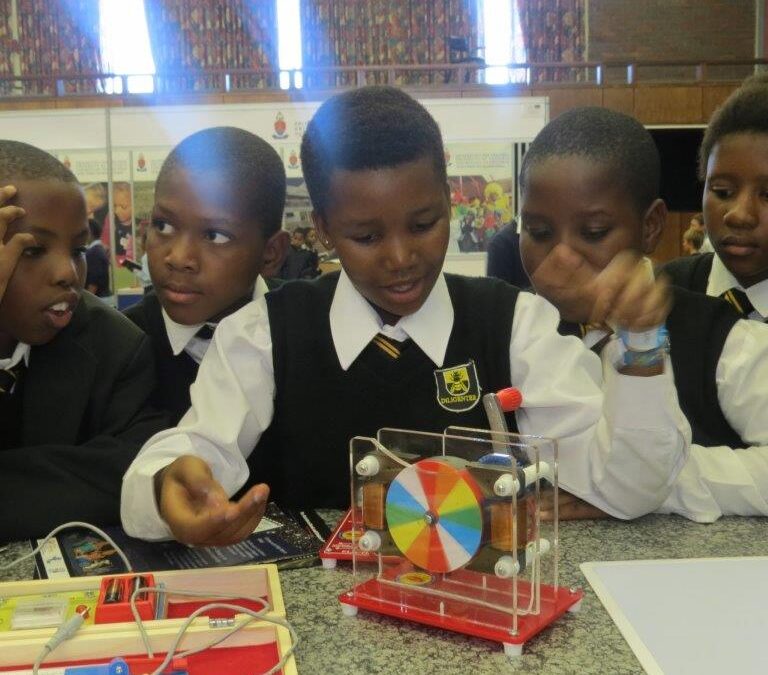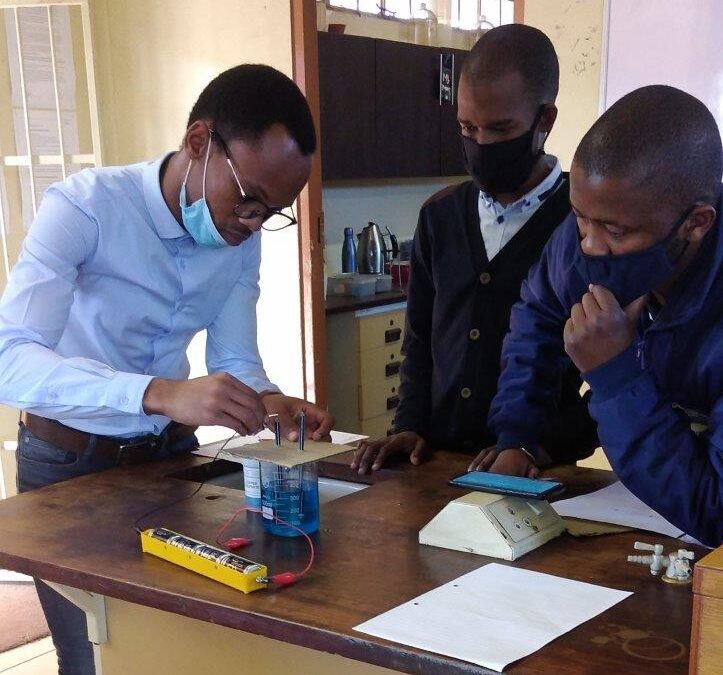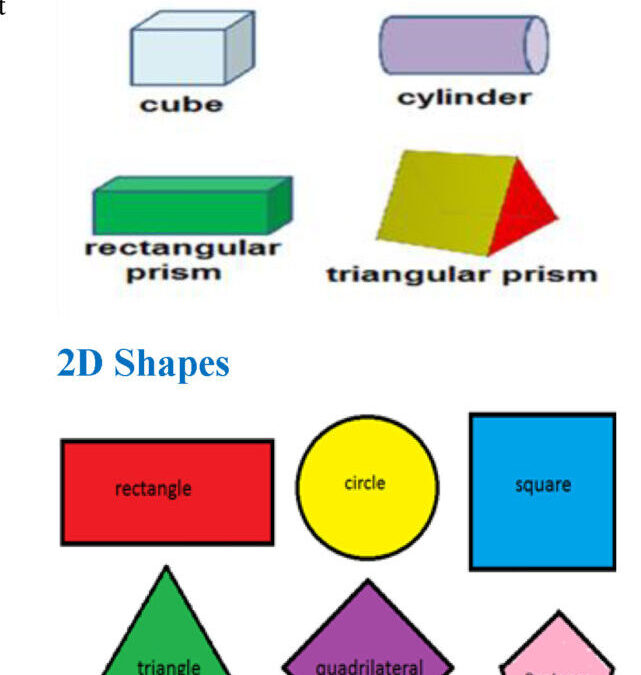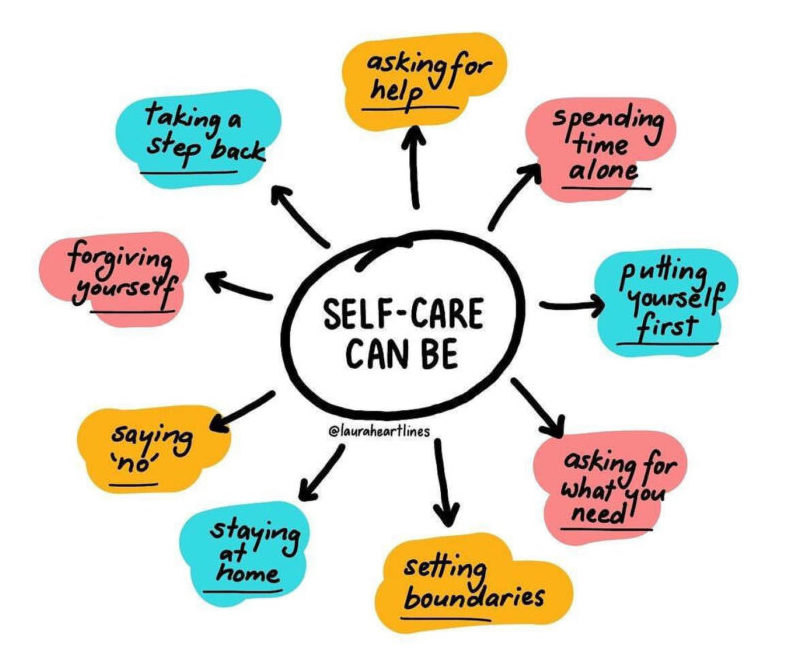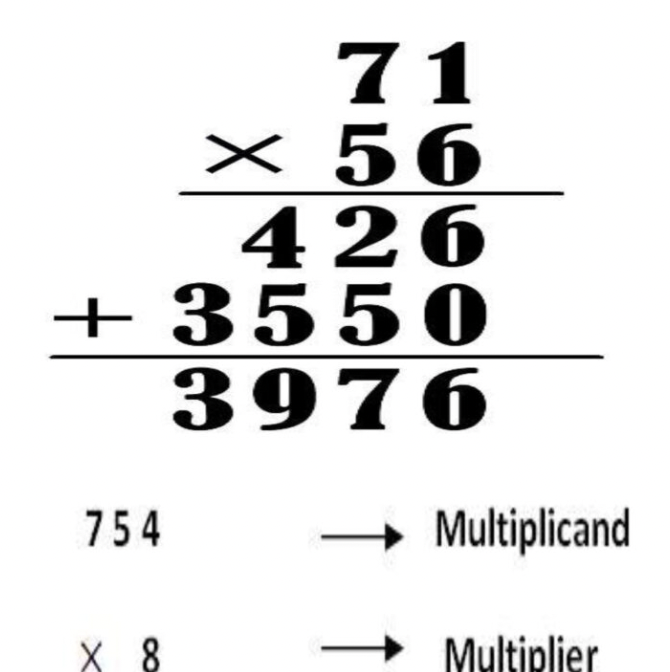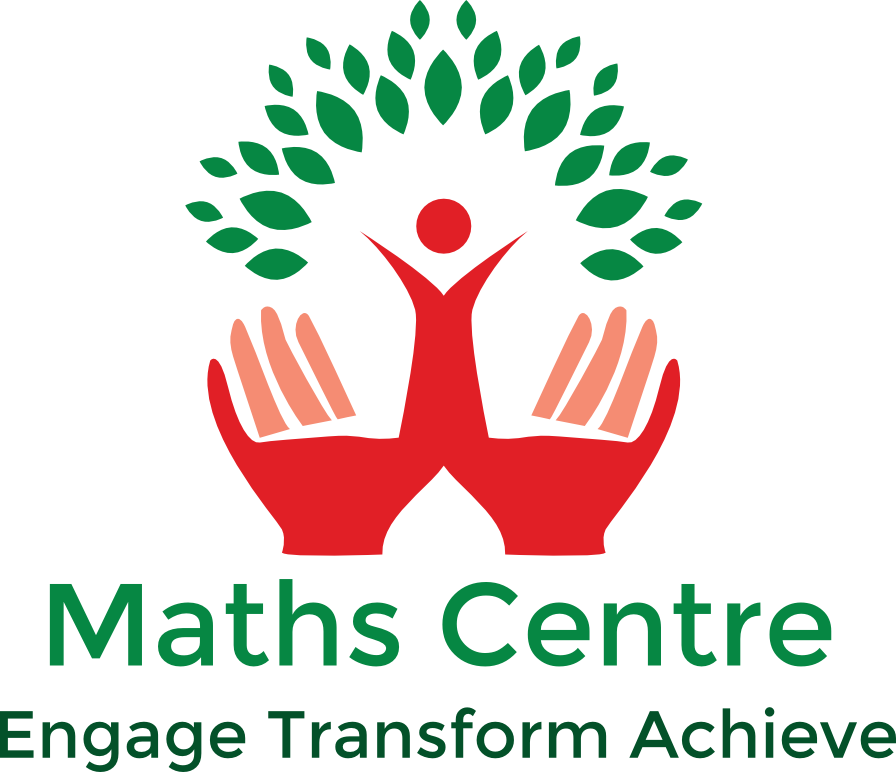The tragedy of under-estimating majority learner potential in South Africa
A large segment of rural South African school-going learners do not have access to learning in a classroom environment, which their peers living in the suburbs of our cities take for granted. Why is this inequality of access being so deeply embedded in our schools? Recently, several politicians have claimed that they are aware of this very grave danger to our fledgling democracy. Between 600 000 and 700 000 learners drop out of school at Grade 9 or before and then have no access to any further study opportunities.
Society comes face to face with the consequences of this neglect on a daily basis. We have all been victims of violence at some time in our lives or know someone who has been. It is a fact that crime becomes a preferred option when our youth no longer have the tools to lead a productive life.
During December and January, there was an explosion of articles discussing the declining Matric results in Mathematics and Science. Business and industry are crying out for more engineers, doctors, architects, artisans and accountants. Fingers are pointed at every level of bureaucracy and society, often negating one other, with no one really taking clear responsibility. These tiresome and broken-record debates do not offer any solutions, since they are focused on the end product here and now, and not on the process that has gone on for 11 years prior to our Grade 12 results. We should ask why there is so little debate on education during the rest of the year!
The classroom, the school, the supposed hub of learning and teaching in those years prior to Matric examinations, deserve to come under detailed scrutiny. Why do we continue to accept that our young impressionable children receive such a distorted version of a learning space, which is nothing but a cauldron of misery, mistrust, boredom, confusion and conflict?
Is there really any sensible reason or argument in favour of teacher absenteeism, tardiness and poor preparation? No amount of debate about the poor professional behaviour and performance will fix matters. In practice, teacher training needs to be enforced as a corrective and restorative strategy. This should be followed by sanctions and measures demanding accountability and responsibility. There should be a strong, enforced legal movement to reform classroom practice in many of our disadvantaged schools.
Why do teachers object to measures of accountability and responsibility? I am convinced that a much higher number of learners could have succeeded in obtaining top levels in Mathematics and Science, had it not been for strike-related incidents in conjunction with established blockage practices within schools that are counter-productive to learners’ growth and development.
Many examples from around the country demonstrate that, given an extra focus, every single learning gap brought to Grade 12 by the learners can be corrected, understanding and learning can be restored and learners can subsequently achieve levels 7, 6 and 5 in their final examinations. A very serious consequence of this conflict of performance in grades is that learners do not apply for bursaries in Grade 11, as their Grade 11 test marks do not give them any confidence to succeed. As they did not apply for bursaries in time, what can learners do in the year that follows? Many are without bursaries and no jobs. The odds are stacked against them, as many more learners will be competing for bursaries the following year.
The cold fact is that the public schools must feel like battlegrounds to youngsters who do not have anyone championing their cause. Teachers, the humble workers who should be valued the most, flounder in a sea of administrative difficulties that appear ready to attack them like crocodiles in a swamp.
This is indeed a tragedy in the making. We cannot remain a nation so distracted that we do not see the status quo in education as a crisis. Can we not see that our collective future and our collective present are at stake?
In his beautiful book, Daring to be a Teacher, Robin Richardson reminds us of the very destructive illusion within which all humans trap themselves, as set out in a dialogue from the very ancient great Indian epic Mahabharata:
Voice: And what is the greatest marvel on Earth?
Yudhistra: Each day death strikes and we live as though we were immortal. This is what is the greatest marvel.
Under such clouds of despair, how does education play its true role, a system that transforms the young into citizens of the near future? This will only take place if teachers can create a home in a classroom in which learners learn, grow and develop, buffered against the criminal inequalities in their daily lives, in the pursuit of an anti-poverty state of being. Let every teacher champion their classroom, every parent their children, every grandparent their grandchildren with love, strong discipline and care, no matter what it takes. These three players hold the key to create a revolution that will address the plight of our young people of tomorrow.
Some of the difficulties that learners face and which must be corrected speedily in our state schools, include lack of management of curriculum implementation, examination preparation and revision support; and overall poor functionality of schools, especially classrooms, which includes being taught by an under-qualified teacher or not having a teacher at all. Lack of appropriate qualifications – in Mathematics and Science in particular, which are hard-core disciplines – add to the shambles called public schools. Add to this mix some ill-prepared subject and district advisors without any resources, including Mathematics and Science equipment such as calculators, labs, dictionaries etc. and you have a highly destructive lethal dose of dysfunction.
In a recent meeting on examination results, a District Officer insisted that my role was to support him, buy him a laptop and business cards, and that I need to forget solutions but analyse problems. In another meeting with subject advisors, their total focus was on their claim that breakfast and lunch were not to their satisfaction.
Parents add extra pressure on our youth by requiring them to herd cattle, look after siblings, stand in for adults in businesses and look after sick or elderly relatives. Many simply lack the money for transport. This means that a growing number of young people are disappearing into the unfathomable abyss of the unemployed and unemployable.
Often learners are caught in the middle of bad tensions between an education department and the school’s management team. For example, in one case the school had been merged with a neighbouring school, which had smaller learner enrolment and there were two principals running one school.
There are more questions than answers, Johnny Nash would have declared. And if they do matriculate, after 12 full years at school, what is their planned pathway for life? How many learners who have left school make it back to learning pathways? What is the quality of the dialogue between industry and learning institutions? How many learners qualify for learnerships each year? Does this meet the industry demand? How many receive bursaries? Is there a national database? Is there a national Critical and Scarce Skills Development programme? How well have FET colleges succeeded?
The system seems fragile and fragmented.
Schools are largely silent on learning, training or initiatives that engage learners into understanding that Mathematics, Science and Technology can lead to building phenomenal artisan-based careers, where they can earn more money and receive a better quality of life other than in an academic life (more on this in a later article).
Sure, there have been arguments about learners just being pushed through examinations using rote learning and memorisation with less emphasis on practice recall. I am not some great researcher or a political protagonist, and I have no desire to be one. As I look around me now, I see learners who are suffering. In all honesty, retention and recall are two of the most important mechanisms we use when problem-solving in Mathematics or Science, and even in everyday life, dredging up various concepts from the depths of our memories to see which apply to a particular problem.
Great researchers expound that Mathematics is all about thinking skills. If that is the case, then memory, retention and recall play a major part in enhancing those thinking skills. Besides, do we not learn how to spell by memorising? Do we not learn great poetry by memorising? Of course, it’s not memorising alone. This half-baked debate is so irritating. Why should the playing field not be levelled for all disadvantaged learners so that they get as much of an opportunity as learners going to private schools, many of whom receive extra tuition?



